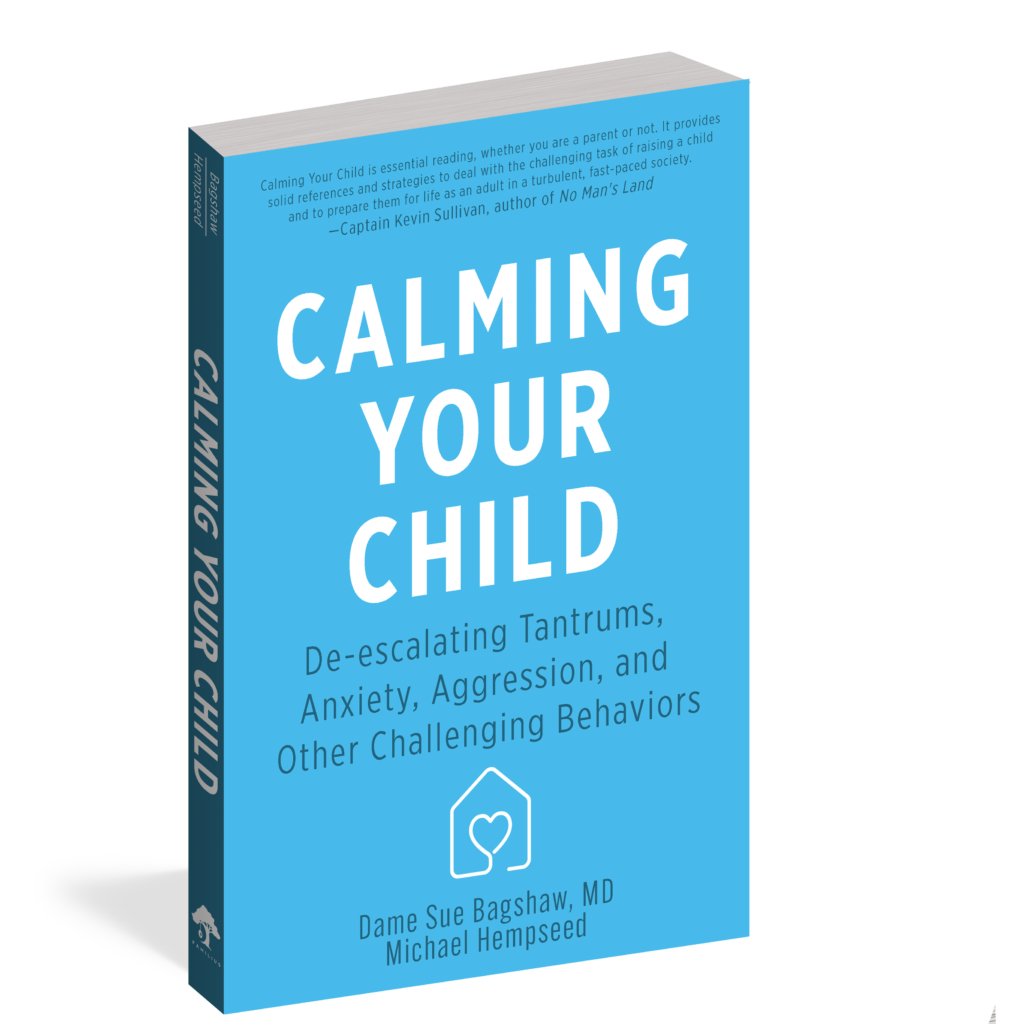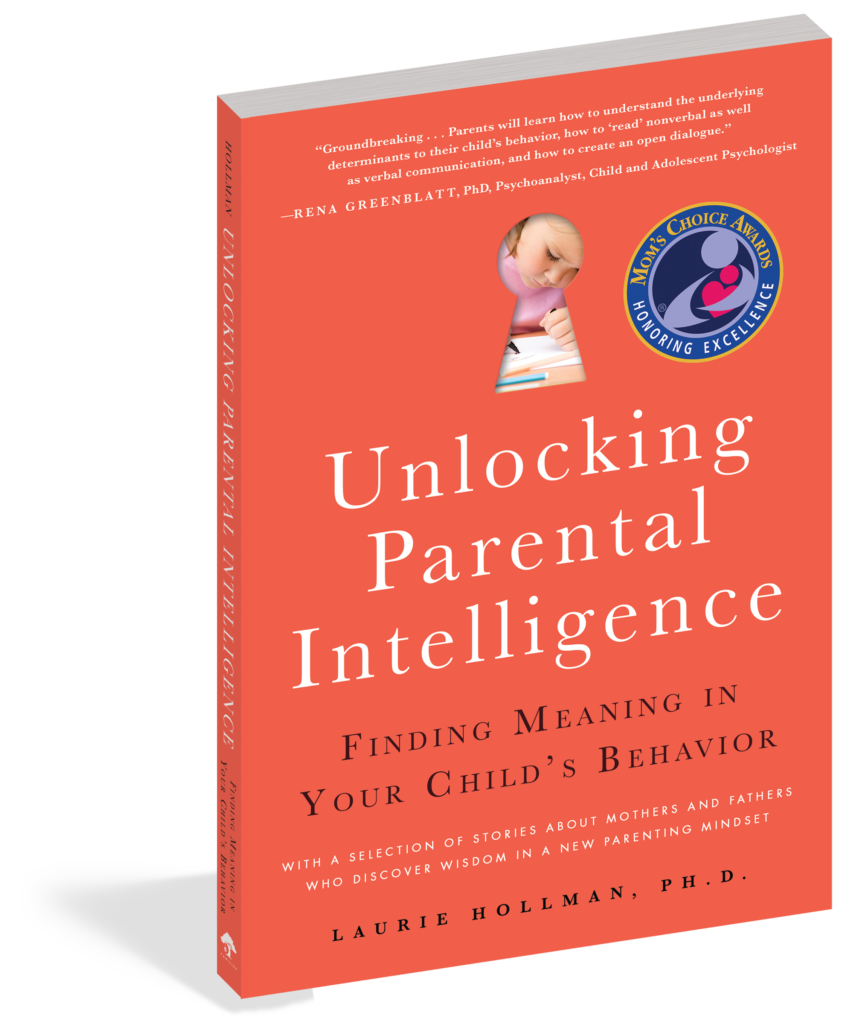
What to Do If Your Child Is Lying
A child’s lies are hard on both parents and children. If your child is lying, here’s what you can do, from common signs to conversation tips.
As parents, we’re responsible for guiding our children, but that becomes harder if we’re not met with honesty. More than the parental and moral reasonings behind honesty, lying can have a severe impact on a child’s relationships and their physical and mental health. According to research, a child who is lying is at risk for decreased self-esteem and increased negative impact on their well-being.
So what do you do? From the signs of lying to steps you can take, here’s how you can address lying in your family.
Signs That Your Child Is Lying
The purpose of a lie is to be misleading, so it’s not unusual to miss lies that your children tell you. Signs of lying can be subtle and very person-specific. However, these are some common signs that you can use as a guide for your own children:
- Inconsistencies in story
- Avoiding eye contact
- Nervous or discomfited body language
- Unusual speech patterns like hesitation, repetition, or vague language
- Overly detailed or rehearsed responses
- Defensiveness
- Lack of emotion, or an emotional distance, to avoid detection
- Changes in behavior like withdrawing from social activities or becoming more secretive
- Guilt or remorse
- Your intuition
9 Things to Do If Your Child Is Lying
1. Don’t Yell
It’s natural to feel frustrated or upset when you catch your child lying, but it’s crucial to stay calm. Reacting with anger or punishment may cause them to become defensive or lie more.
2. Understand Why
Try to understand why your child is lying. Children may lie for various reasons, including but not limited to getting an extra piece of candy, skipping school, or dodging consequences.
Are they trying to avoid punishment, seeking attention, or trying to impress others? Knowing the underlying reasons can help you address the root cause of the behavior.
These are some of the most common reasons:
- avoiding punishment
- seeking approval or attention
- protecting themselves or others
- avoiding disappointment
- testing boundaries
- peer pressure
- low self-esteem
- fear of consequences
- ADHD or executive functioning issues
- anxiety or stress
3. Have a Conversation
It’s easy to want to jump right into consequences, but it’s more important to have a conversation first. Talk to your child about the importance of honesty and how lying can affect trust in relationships. Encourage open communication and let them know it’s okay to make mistakes as long as they’re honest about them.
4. Be Clear That Lying Is Not Okay
Clearly communicate your expectations regarding honesty and integrity. Let your child know that there will be consequences for lying but also emphasize that you value honesty above all else.
5. Avoid Confrontation but State the Facts
Avoid entering a power struggle with your child and simply state the facts. Don’t make demands—just redirect to the truth. By stating the facts without overreacting, we’re teaching our children to trust us, trust communication, and trust the truth.
6. Emphasize Your Support and the Reason That Lying Is Not Okay
To fully understand and trust honesty, kids need to feel that someone is in their corner, and they need to know why they shouldn’t have lied. The reason that lying isn’t okay might change depending on the situation. Be aware of this, and use it to explain clearly to your child so that they can learn and grow. This might sound like, “I want to make sure you don’t get hurt” or “I’m not mad—accidents happen.”
7. Reinforce Positive Behavior
The goal is to reward honesty, even if it comes after a lie. Praise your child when they tell the truth, even if it’s about something difficult. This positive reinforcement can encourage honesty in the long term and build trust between you and your child.
8. Address Any Underlying Issues
If lying persists despite your efforts, there may be underlying issues such as anxiety, low self-esteem, or a fear of consequences. Consider seeking professional help from a therapist or counselor who specializes in child behavior.
9. Be Patient
Changing behavior takes time, so be patient and persistent in your efforts to encourage honesty in your child.
Discover More about Your Child’s Behavior

Calming Your Child

Unlocking Parental Intelligence

The Parent Fix
Shaelyn Topolovec earned a BA in editing and publishing from BYU, worked on several online publications, and joined the Familius family. Shae is currently an editor and copywriter who lives in California’s Central Valley.
